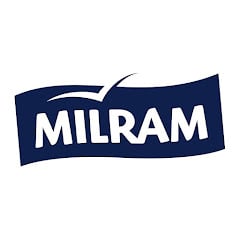FMCG — Food Industry Benchmarks
Discover social media benchmark reports for brands in FMCG — Food
FMCG — Food
50 Brands



FMCG — Food Global Brands
Explore top-performing brands from the FMCG — Food Industry
Key Recommendations
Industry Performance Insights
Focus on TikTok for FMCG — Food to leverage the platform's higher engagement rate (0.935) compared to other categories, potentially increasing brand visibility and interaction in this sector.
Analyze successful food brands on TikTok to identify content strategies and creative formats that resonate well with audiences, thereby boosting engagement further.
Compare performance with the FMCG — Beverages sector, which also has a high engagement rate, to adopt cross-category best practices and enhance overall campaign effectiveness.
Key Recommendations
Platform Performance Insights
Focus on TikTok for FMCG food marketing, as it has the highest engagement rate (5.02%), especially with video content.
Utilize YouTube and Instagram to complement TikTok campaigns, prioritizing video content to maximize engagement.
Consider testing photo content on Facebook to explore additional engagement opportunities, though it's currently lower than video platforms.
Key Recommendations
Content Performance Insights
Prioritize TikTok as it exhibits the highest engagement rate (5.02%) for FMCG food content, leveraging short-form videos to attract younger audiences.
Maintain a strong presence on YouTube with engaging video content, focusing on recipes, product showcases, or brand stories to maximize viewer engagement.
Enhance Instagram strategies by producing visually appealing video content that aligns with snackable, shareable trends to boost engagement further.
Help us improve our coverage
Help us expand our coverage by suggesting industries, countries, or brands you'd like to see highlighted in our comprehensive reports
Ready to improve your social media strategy with real-time insights
Get strategic insights, analyze the social performance across all channels, compare metrics from different periods, and download reports in seconds.



